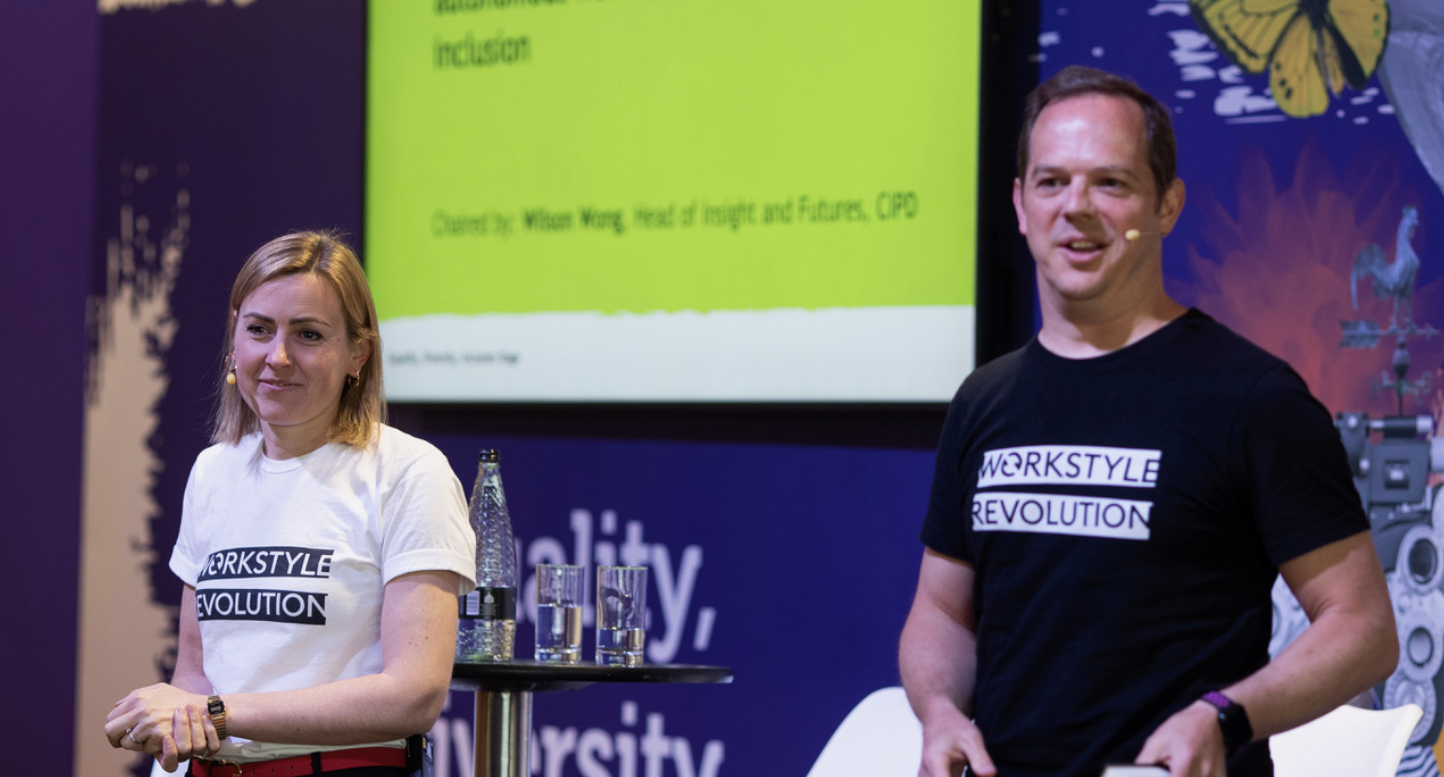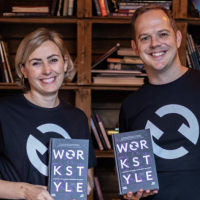JP Pawliw-Fry Keynote Speaker
- Top Booked Keynote Speaker on Leadership and High Performing Teams
- NY Times Best-selling Author & Host of Last 8% Morning Podcast
- Co-Founder of IHHP
JP Pawliw-Fry's Biography
Dr. JP Pawliw-Fry is a respected and award-winning visionary when it comes to building high-performing teams and cultures. Organizations such as United Healthcare, Blue Cross and even Harvard have consulted JP and his firm when it comes to building high-performing teams.
He is the co-author of the New York Times bestseller, Performing Under Pressure: The Science of Doing Your Best When it Matters Most, published in 65 countries and named as one of Inc. Magazine’s Best Business Books of the Year.
JP’s works with a who’s who of Fortune 100 companies such as Goldman Sachs, Google, Intel, Johnson & Johnson, Salesforce, PepsiCo, and Federal Reserve Bank as well as the US Marines, Olympic athletes and NBA and NFL teams which has provided him with considerable opportunities to test his science-based tools in environments of high pressure.
The focus of his work is bringing a research-based approach (his organization surveys over 40,000 people a month) to understand human performance. He and his team are renowned for naming the gap between what people want to do and what they actually do as The Last 8%. These are the conversations and decisions that don’t happen or that take too long to happen because they are perceived to be too risky. They are at the heart of why some organizations and leaders succeed while others fail.
As a provocative and highly captivating speaker and thought leader, JP brings engaging stories and a lot of fun to every keynote. He challenges groups to think differently about human behavior, leadership and how to manage the pressure that is overtaking so many organizations and individuals today.
JP Pawliw-Fry's Speaking Topics
-
Build a High-Performance, Last 8% Culture
You need to move fast, adapt to a changing environment, and deliver performance, yet your team is moving too slow when it comes to making tough decisions and are avoiding the more challenging conversations that drive results.
What is at the heart of high performance is culture. Unfortunately, most leaders misunderstand culture; they believe culture exists across the organization; it doesn’t. It exists primarily on teams. Second, they see culture as something that should be owned by the CEO and CHRO, believing it is their job to build the culture across the organization; it isn’t. Most CEO’s and CHRO’s get so overwhelmed when they think of tackling culture, that they avoid it and allow culture to be built haphazardly, which means that good people leave, and goals are not met.
In this powerful virtual or live keynote, your team will learn the results from our study of 7,500 leaders that puts your managers and people leaders at the center of building your culture. Your people will learn specific tools to own the culture on their team in the critical moments, the Last 8%, that creates culture. The Last 8% are those tougher conversations and decisions that many people struggle with and avoid. When leaders feel agency and have skills to lean into the difficult, they build a high-performance culture that becomes a powerful force in your organization.
In this powerful program, your team will learn:
-
Performing Under Pressure
Your people are facing the biggest challenge of their careers, yet most continue to rely on their IQ and technical skills to manage through it all. It’s not enough.
To survive, your organization needs to be agile in the midst of change and challenge, and see opportunities where others do not. Your team needs to learn how to work effectively with others who are, themselves, under pressure.
In this powerful program, your team members will learn:
This program is based on a 12,000-person study conducted for our New York Times best-selling book, Performing Under Pressure, which is available in 65 countries.
This session can be delivered for salespeople and sales teams, focusing on helping them harness emotional intelligence to deal with pressure, build stronger relationships with their clients, collaborate internally and deal with the setbacks and uncertainty that salespeople must overcome to be successful.
-
Having High Impact Last 8% Conversations
Our research has found that most people are relatively effective at getting to 92% of what they want to say in a feedback conversation. But when they get to the Last 8% of what they really want to say–the hardest part of the feedback they want to give–the part of the conversation that has consequences for the other person, they sense the potential emotional impact this feedback might have, and they back off, avoiding giving the feedback that’s needed.
This creates significant challenges for the other person: not only do they not know how or where they stand, which increases their anxiety, but they are also not given a chance to improve. Worse, they feel less psychologically safe and emotionally connected, which diminishes their performance.
The goal of this program is to give your people the insight and tools to manage their emotions to get to the Last 8% of what they want to say in any feedback conversation. The good news is that there is a burgeoning science of how to give and receive feedback that anyone can learn. It starts by becoming a ‘student of human behavior’, understanding the brain under pressure, and learning the concrete skills needed to give feedback in a way where the other person can hear it.
In this powerful program, your people will learn:
-
The Art of Empathy: Building Emotional Intelligence In Your Leaders
The cost of replacing an individual employee ranges from one-half to two times the employee’s annual salary. That means, a 100-person organization that provides an average salary of $50,000 will have turnover and replacement costs of approximately $800,000 to $2.6 million per year.
The worst part? 52% of people who leave say their manager or organization could have done something to prevent them from leaving their job. In fact, they said that in the three months before leaving, nobody asked them how they felt about their job, or about their future. What is evident is a lack of empathy in their leaders. It doesn’t have to be this way.
In this powerful virtual or live program, your managers and leaders will learn:
Videos of JP Pawliw-Fry
Books by JP Pawliw-Fry



















